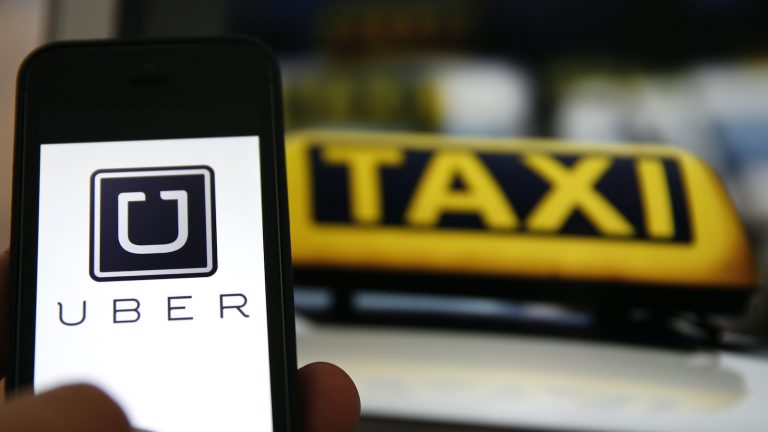California courts recently ruled that rideshare companies such as Uber and Lyft had violated state law, as they labeled drivers as contractors rather than employees. This verdict put these services in an unfavorable situation. If they comply with the law, it could potentially cost them millions of dollars. They could also halt operations in California all together, but that would also be costly. The law requiring gig workers be reclassified as employees, AB5, surely sought to improve the livelihoods of rideshare drivers. However, good intentions don’t make good policy.
As these companies prepare to make difficult decisions, it will ultimately come at the expense of the very people this law sought to protect. Lyft decided that it would halt operations in the state, arguing they can’t make everyone an employee overnight to meet the deadline. A judge granted companies such as Uber and Lyft an emergency extension on Thursday afternoon, August 20th, but that’s only to give them time to outline a plan to comply with the law.
Some are already accusing the company of corporate greed. They’re suggesting that they would rather stop operations altogether than pay their workers fairly. This claim doesn’t hold much water when closely examined.
California has the biggest state economy in the United States, and it’s the most populous. This would seem like a disastrous business move to make if it were truly about greed, especially during a pandemic. Unless, that is, the long term cost of AB5 is far greater and more damaging than ceasing operations in the state all together. If Lyft and Uber do eventually shut down operations, even temporarily, only time will tell if it’s the right decision. But it is a decision that wouldn’t have to be made without California’s intrusive law.
The gig economy isn’t meant to be a full time position. Sure, one can drive for Uber or Lyft for the equivalent of a full time job, but that’s on the individual to decide. Many drivers aren’t relying on it for their primary source of income. It is a way to earn some extra cash on the side. That isn’t a defect of the system, it’s part of the appeal.
The ability to work with few strings attached while pursuing other ventures on your own helps the little guy. The more roadblocks the state pushes on these positions, the further it alienates young people. Those down on their luck have less opportunity to pick themselves up.
The worker is the primary victim of this type of government overreach.
Of course, there are those who benefit from California’s economic intervention. If Lyft and Uber decide to flee, it’s the taxi industry that receives a huge helping hand from the state. The sharing economy has been one of the greatest disruptors of old industry titans in the 21st century. Taxi companies would have a stronghold on any city they reside in, being able to charge high fares for, at best, mediocre services. No true competition existed in this market until rideshare services began to appear. These companies have not only brought more competitive prices to consumers, but also convenience, as a multitude of options are only an app away.
Uber and Lyft aren’t the only ones to radically decentralize the market space they exist in. Airbnb has had a similar effect on the hotel industry. Food delivery services have never been more abundant. The gig economy has done more to take power out of the hands of the rich elite than any regulatory politician ever has. Yet, these old industries are exactly who benefit the most from California’s regulations.
As the House met a few weeks ago for a hearing on Big Tech, many on Capitol Hill took their time to accuse tech CEOs of being monopolists. While companies like Amazon and Facebook are very large and powerful, they don’t control a single industry and abuse their power by raising prices on the consumer. The monopolist boogie men that House representatives are looking for resemble less the Jeff Bezos’ of the world and more the faceless taxi industry.
These players can only acquire so much power if the government uses force to drive out the competition, and that’s exactly what is happening now in California. Many on the left tout these policy proposals as helping the working class. In reality, it just helps the industries they believe they are fighting against. In believing they know what’s best for the workers who voluntarily agree to drive for these companies, California has destroyed millions of livelihoods during a pandemic. The workers and the consumers, not the company, are the ones most affected by this law.














Add comment